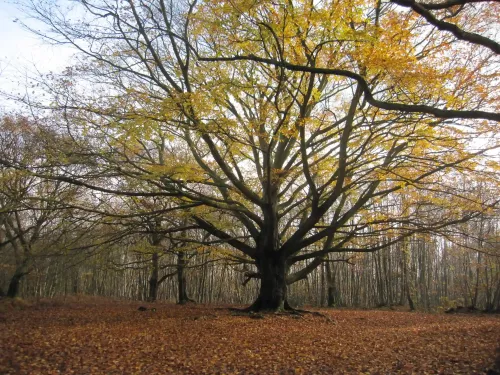
What would life be like without our woodlands?
Natasha Ruskin explores something terrifying: a world without woodlands.
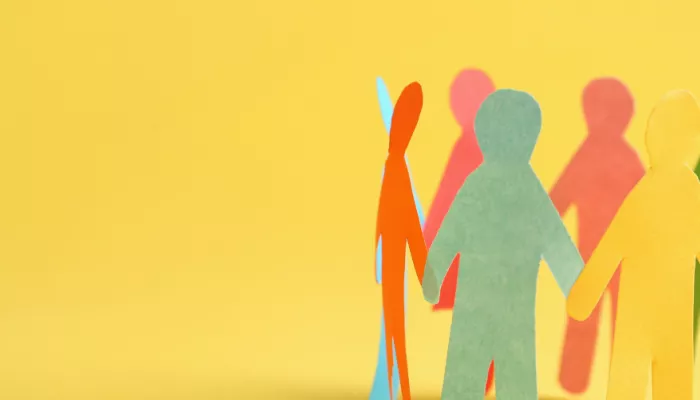
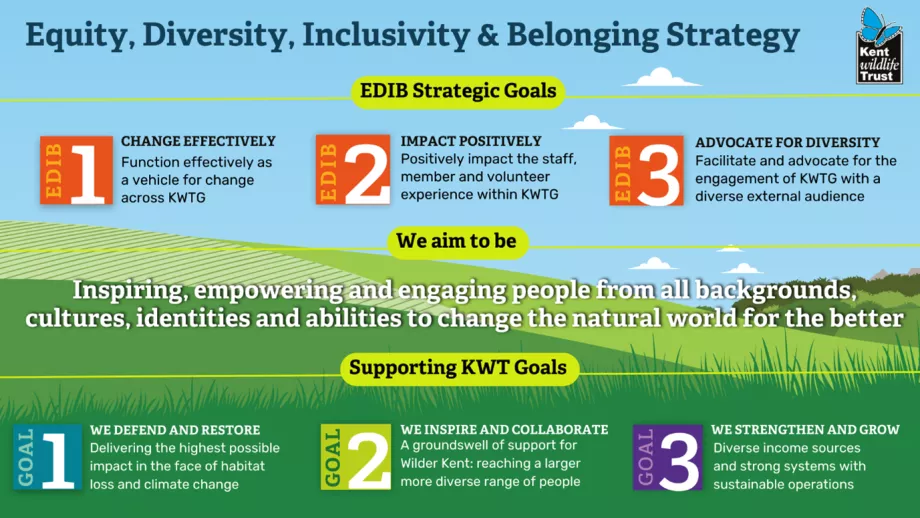
Equity, diversity inclusivity and belonging strategy. 1: change effectively. 2: impact positively. 3. Advocate for diversity. We aim to be empowering, inspiring and engaging from all background, cultures, identities, and abilities to change the natural world for the better. Supporting KWT goals. 1. We defend and restore. 2. We inspire and collaborate. 3. We strengthen and grow.
The other two key elements are to improve the experience and diversity among two key groups: the staff, members and volunteers, and the general public. This splits our work into broad categories: are we improving life for those currently working and engaging with the Trust, or are we extending our reach to the new audiences we haven’t previously engaged with?
This involves work from across many areas of the Group, but principally our communications and human resources teams. We are blessed with incredible people in both (I’m not just saying that because our comms team will proofread this blog!), and we are very excited about what we can do. The EDIB Group exists to offer capacity, enthusiasm and expertise to the teams already doing this work, to guide them and ensure we’re doing our best.

Natasha Ruskin explores something terrifying: a world without woodlands.
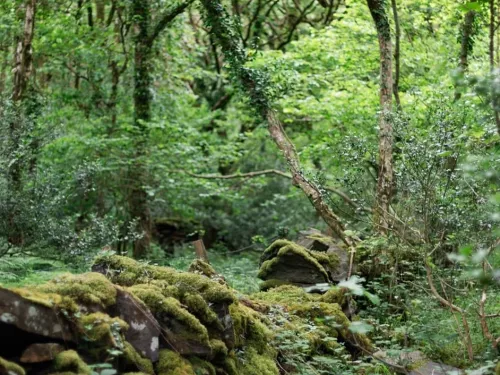
This guest blog from Flora Hastings, Nature Immersion Workshop Leader, explores outdoors, immersive workshops that use the body and conversation to unravel the connections we have to the environment around us.
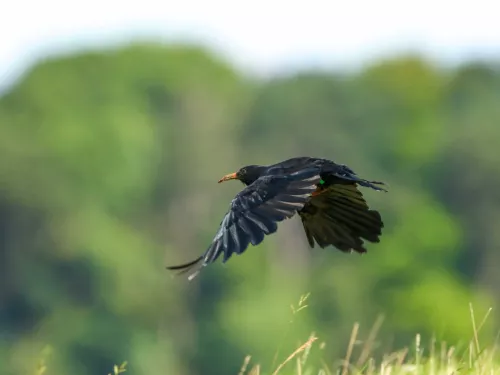
If you're a wildlife enthusiast that wants to get started with photographing what you see, it's important to get the basics down so you can make the most of those precious trips. Kent Wildlife Trust's Content Creator, Tim Horton, talks through his…